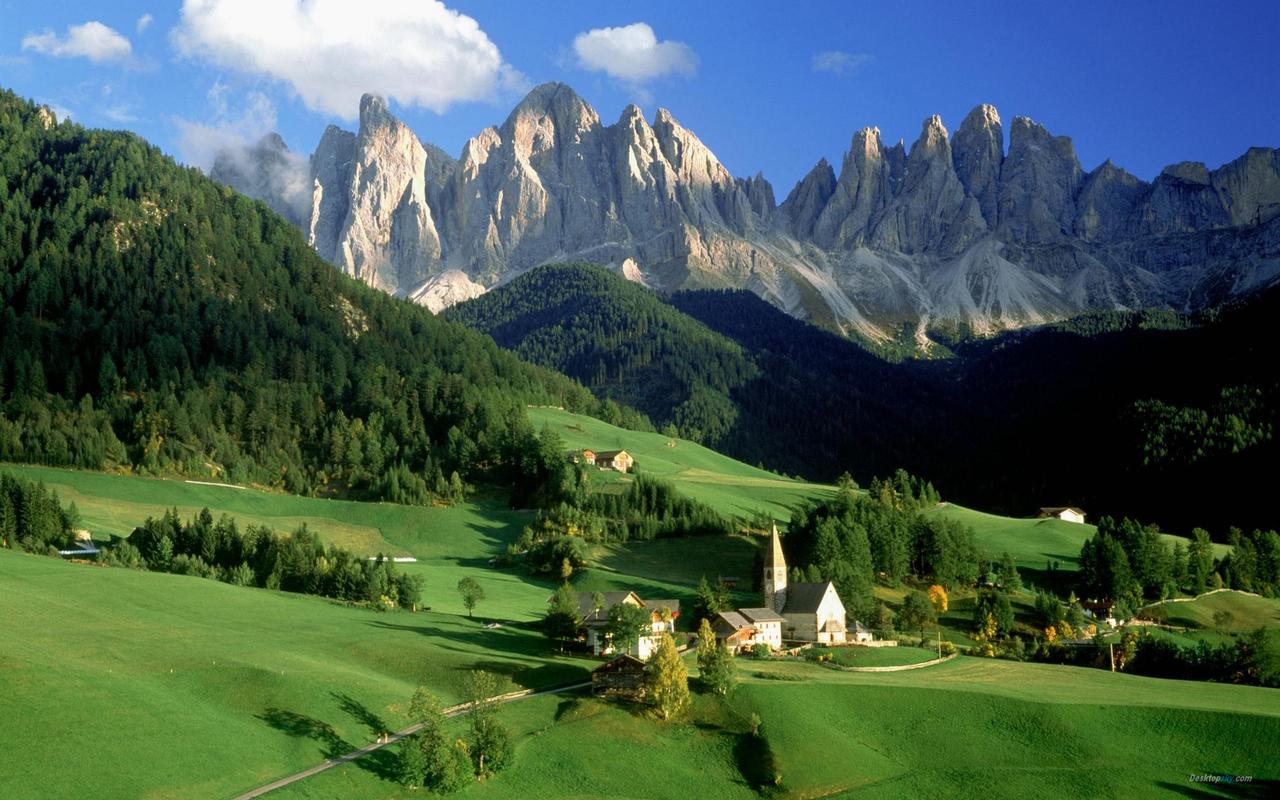Exploring the Fascinating Culture of Portugal: From Fado to Festivals
Portugal is a country with a rich cultural heritage that is known for its historical landmarks, stunning beaches, and delicious cuisine. But the fascinating culture of Portugal goes beyond its physical landmarks, and encompasses a range of traditions, festivals, and events that reflect its unique identity.
The Art of Fado
Fado is a traditional Portuguese form of music that is known for its soulful, melancholic sound. The music is typically sung by one person, accompanied by a guitar and often a Portuguese guitarra. Fado is deeply rooted in the country’s history and culture, and it’s often associated with the city of Lisbon. The music reflects the many ups and downs of Portuguese history and culture, with themes of love, loss, and longing.
Portuguese Festivals
Portugal has a rich tradition of festivals, with celebrations taking place throughout the country. Some of the most popular festivals include the Carnival of Madeira, the Festival of São João in Porto, and the Festival of Our Lady of the Assumption in the Azores. These festivals are marked by parades, music, traditional dances, and street food. They reflect the diverse cultural heritage of Portugal, with influences from Africa, South America, and Europe.
The Art of Port Wine
Port wine is a fortified wine that is produced exclusively in the Douro Valley region of Portugal. The wine is made from grapes that are grown in the region, and it’s aged in oak barrels for several years to create a rich, complex flavor. Port wine is an integral part of Portuguese culture, and it’s often served during special occasions and celebrations.
The Beautiful Language of Portugal
The Portuguese language is one of the most widely spoken languages in the world, with over 260 million speakers. It’s the official language of Portugal, Brazil, Angola, Mozambique, Cape Verde, Guinea-Bissau, and São Tomé and Príncipe. The language has evolved over the centuries, reflecting the country’s diverse cultural heritage. Learning Portuguese is a great way to explore Portugal’s culture and history.
Conclusion
Portugal’s culture is as diverse as it is fascinating. From the soulful sounds of Fado to the colorful festivals that take place throughout the country, Portugal is a rich and vibrant tapestry of tradition and modernity. Exploring the culture of Portugal is a great way to gain a deeper understanding of this beautiful country and its people.
(Note: Do you have knowledge or insights to share? Unlock new opportunities and expand your reach by joining our authors team. Click Registration to join us and share your expertise with our readers.)
Speech tips:
Please note that any statements involving politics will not be approved.
